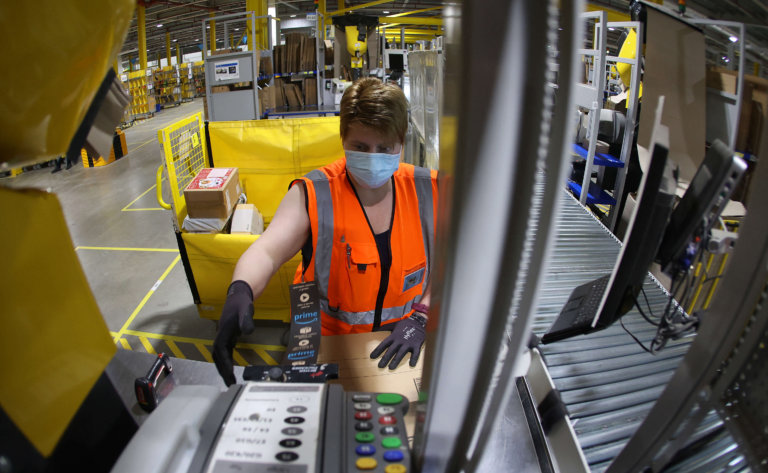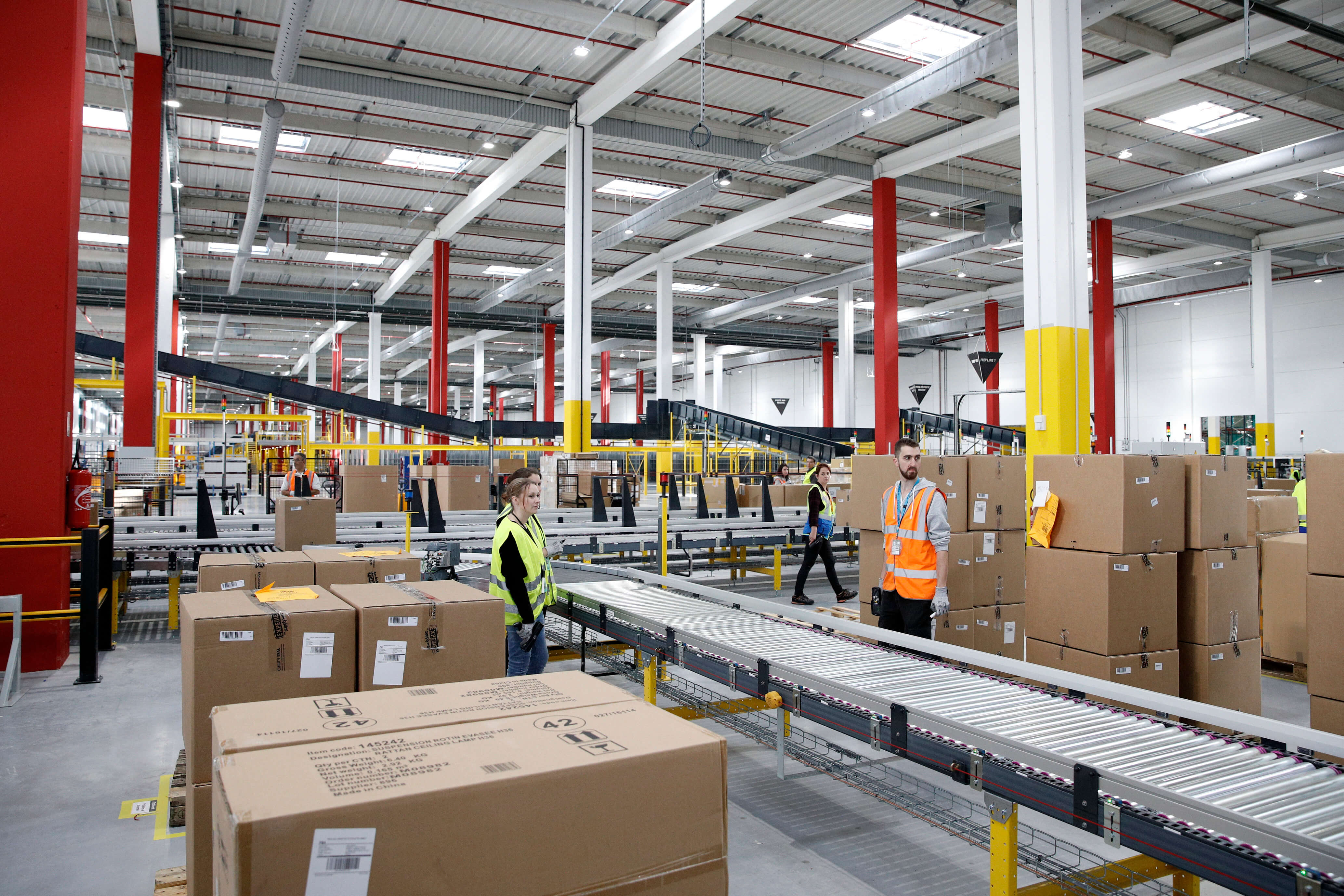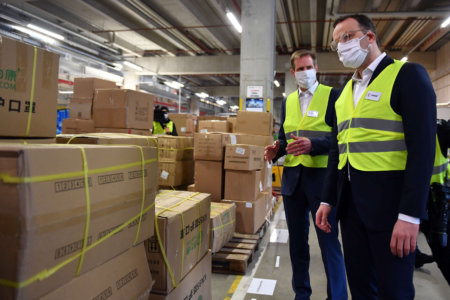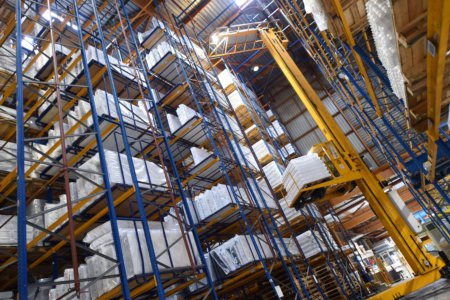
Who would’ve predicted that the COVID-19 pandemic would throw jobs in supply chain management into sharp focus? The current global crisis troubling the industry has underscored the need for competent, creative, and adaptable experts who can handle unpredictable circumstances. From production to delivery, the entire operation of logistics demands a range of skills such as project management, risk assessment, workflow optimisation, and even data analytics.
According to the Association for Supply Chain Management (ASCM), degree holders in the field earned a median annual salary of 78,750 US dollars in 2019, which was higher by 24% than the median of US workers in other fields with the same degree. Jobs in supply chain management record positive salary growth over the course of one’s career, making it a worthwhile degree to pursue considering the high demand for qualified professionals.
Here is a list of potential careers if you’re keen on a sector combining logistics, business, and management:
Graduate jobs in supply chain management
#1 Logistician

Roles related to logistics and the movement of goods internally require a high attention to detail and timeliness to ensure that operations are on track. Source: Yoan Valat/Pool/AFP
Without people to handle logistics, there would be no supply chain industry to speak of. Simply put, logistics refers to the transportation, storage, and flow of goods, services and information within the overall supply chain movement. Whether you’re an analyst or assuming a managerial role, you’ll need a keen eye to identify potential hiccups in supply chain processes and take active steps to suggest improvements.
Someone who thrives in systems-based thinking will fare well in this role, as it requires a big picture mindset to be able to see through the entire operations. Timeliness is a crucial trait with the role, as a slight delay in one single process can throw product delivery schedules off-course.
#2 Purchasing agent or manager
If you’re more inclined towards business jobs in supply chain management, a role in purchasing might be a good fit. In a way, it’s almost like an industrial shopper — except you’re in charge of purchasing large quantities of company goods or equipment needed in manufacturing or transport operation.
This is where a lot of classic business skills like communication, negotiation, and client relations come in. You’ll have to deal with contractors, suppliers, prepare purchase orders and bid proposals to vendors, in addition to securing contracts that keep the operations going.
#3 Data analyst
Don’t be surprised to see this position on the list. Think inventory, schedules, making predictions, sales — and you’ll quickly realise that supply chain management is actually all about data. No other field has radically altered the landscape of logistics than big data analytics; statistical methods are now being implemented industry-wide to improve outcomes in supply chain challenges. Strong knowledge in data science will go a long way, so you might want to think twice before skipping statistics class.
Some of the software employed in supply chain analytics even feature artificial intelligence (AI) to better anticipate changes in the production flow and maximise productivity. The use of AI greatly improves output, while simultaneously reducing costs and the probability of human error in product delivery.
#4 Supply chain engineer

Engineers play a vital role in optimising the production chain, from planning all the way to the implementation of overall logistics strategy. Source: Sameer Al-Doumy/AFP
A list of jobs in supply chain management wouldn’t be complete without the mention of engineers. It requires mastery in the complex web of applied mathematics, information technology, and logistics in order to optimise aspects of supply chain operations to meet customer demand.
You can work in either manufacturing, warehousing, or transporting to develop algorithms that can better streamline the distribution of goods. The paycheck isn’t too bad either: the Bureau of Labour Statistics (BLS) reports that engineers in the field typically earn USD$88,950 in annual median pay in 2020.










